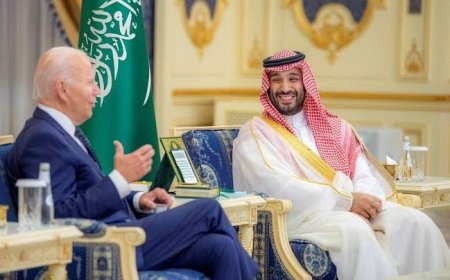Mercedes-Benz Reduces Production Amid Challenges of Transitioning to Electric Vehicles
Mercedes-Benz is cutting production at its Sindelfingen plant to one shift and placing 21,500 employees on a three-week leave. The company faces low demand for electric vehicles due to their high cost and increasing competition. As part of its cost-saving strategy, Mercedes aims to reduce expenses by €5 billion by 2027 and is revising supplier contracts.

Production Adjustments
At its Sindelfingen plant, where flagship models, including electric vehicles, are produced, Mercedes-Benz has scaled down operations to a single shift. This decision, though temporary, affects approximately 21,500 employees, who are being placed on paid leave for three weeks.
The cutback reflects declining demand for electric vehicles, even as global markets push for sustainable transportation options.
Challenges of Transitioning to Electric Vehicles
Mercedes-Benz faces significant hurdles in shifting to electric propulsion:
- High Costs: Electric vehicles remain expensive for the average buyer, limiting their popularity.
- Intense Competition: While the EV market is growing, Tesla and Chinese brands dominate with more affordable offerings.
- Consumer Preferences: Many customers are reluctant to abandon traditional internal combustion engine vehicles, favoring familiar technology.
Cost-Saving Strategy
To adapt to changing conditions, Mercedes-Benz plans to save €5 billion by 2027. The company is revisiting supplier contracts and optimizing its supply chains.
The brand also intends to focus on premium electric vehicle models, such as the EQS, which can maintain profit margins even at lower sales volumes.
Prospects and Challenges
While transitioning to electric vehicles remains a strategic priority, Mercedes-Benz recognizes the need for a gradual market adaptation. In the coming years, the company will:
- Expand charging infrastructure to address a key barrier for EV adoption.
- Reduce battery costs through investments in technology.
- Offer hybrid models as an interim solution for consumers hesitant to fully commit to EVs.
Conclusion
The production reduction underscores the broader challenges facing the automotive industry during the global shift to electric vehicles. Mercedes-Benz remains committed to adapting its strategy to retain market leadership and navigate the demands of a rapidly evolving landscape.
The editorial board is not responsible for the content and accuracy of material taken, sent or obtained from other sources. The publication of such materials is for informational purposes only and does not imply automatic endorsement or approval of their content.



:focal(0.49:0.37):format(webp)/YXJ0aWNsZXMvaW1hZ2UvMjAyNS80LzIwMjIxMjAzLWdhZi11NTUtNzkwLmpwZw.webp?w=1920)





















